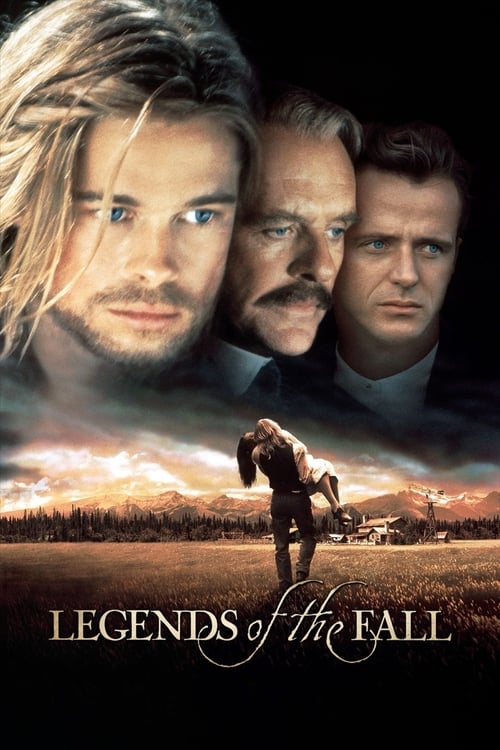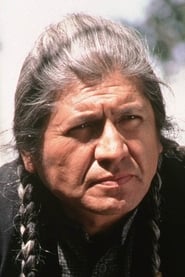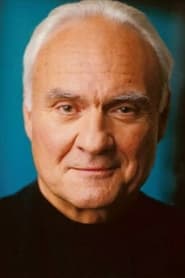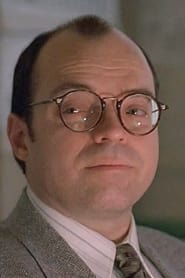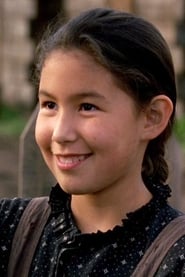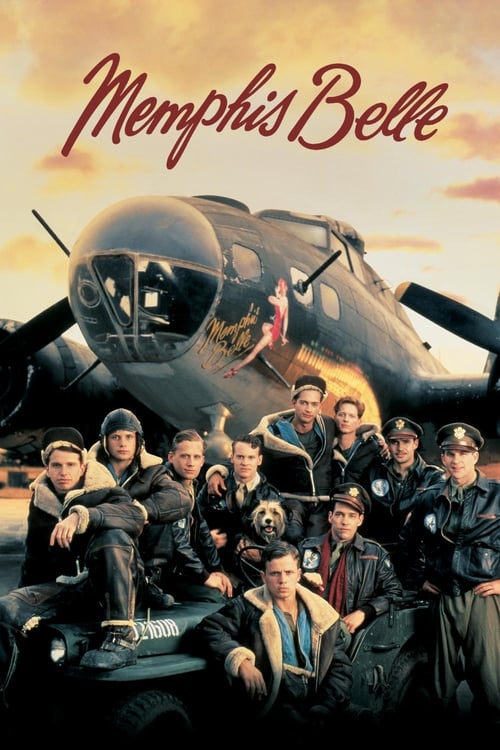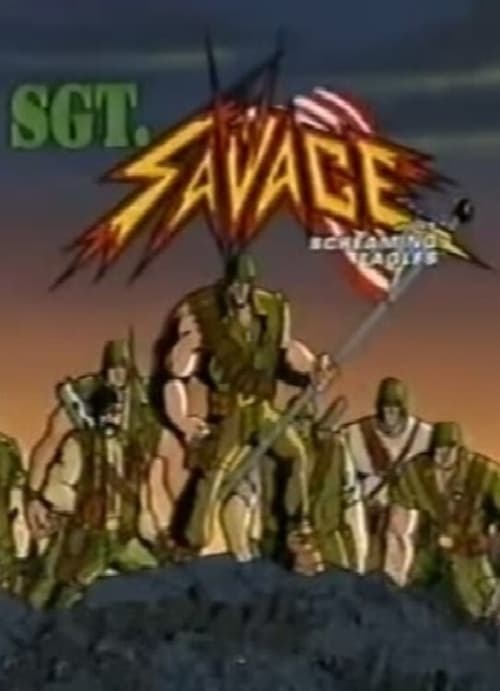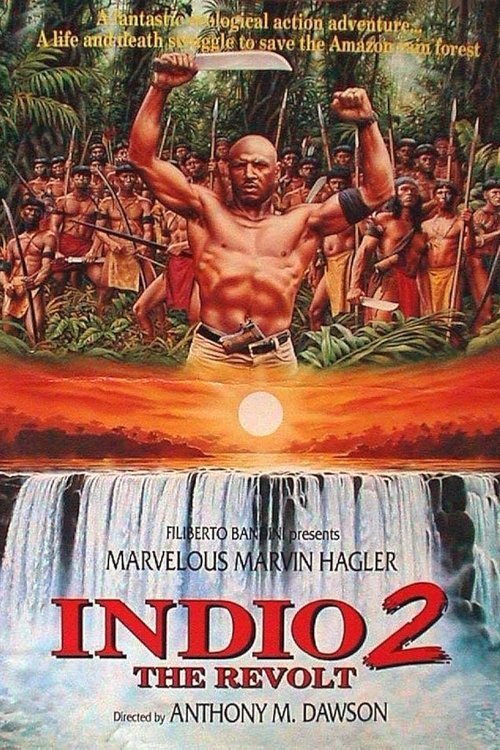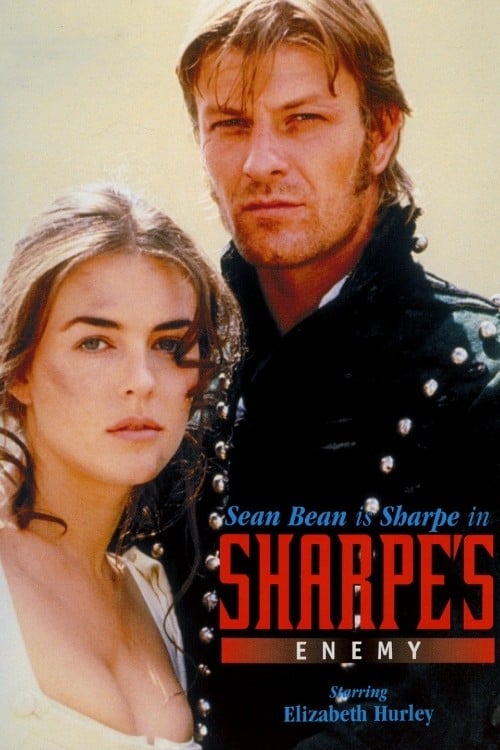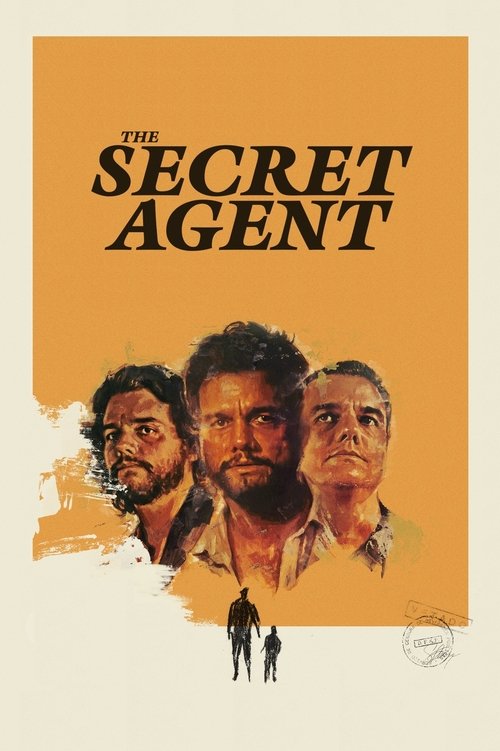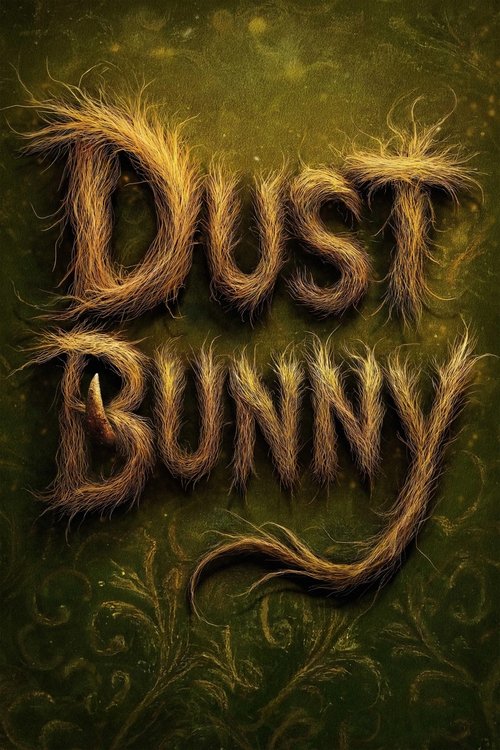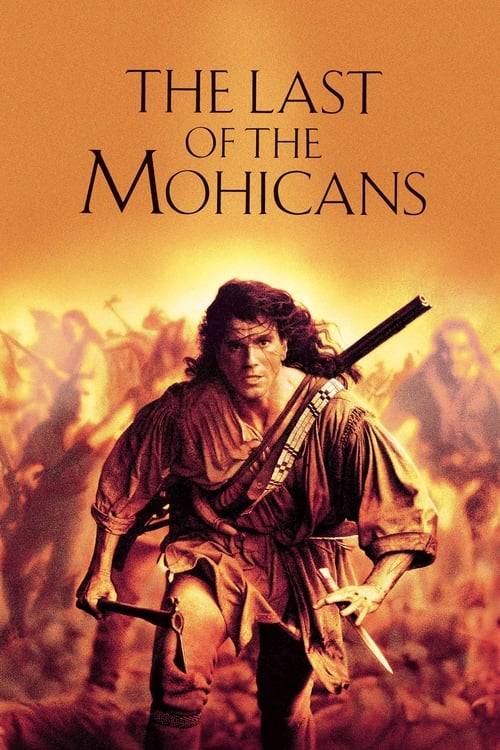
Ask Your Own Question
What is the plot?
In the rugged wilderness of early 20th-century Montana, the story of the Ludlow family unfolds like a myth whispered through the pines. The film opens with the solemn narration of One Stab, a Cree friend of the Ludlows, who recounts their saga to a newspaper reporter. Colonel William Ludlow, a man disillusioned by the betrayals inflicted upon Native Americans by the U.S. government, resigns his commission in the Army and retreats to a remote Montana wilderness. There, alongside One Stab, he builds a sprawling ranch, a sanctuary of independence and nature, where he raises his three sons: Alfred, the responsible eldest; Tristan, the wild and untamed middle child; and Samuel, the youngest, gentle and idealistic.
The family's past is marked by loss and hardship--William's wife Isabel cannot endure the harsh Montana winters and returns to the East Coast, leaving a silence that Tristan vows never to break. A vivid early scene shows young Tristan, barely twelve, daringly reaching out to touch a sleeping grizzly bear. The bear awakens and claws him, but Tristan, fearless and fierce, cuts off one of the bear's claws, a symbol of his lifelong bond with the wild.
Years pass, and in 1914, Samuel returns from Harvard University with his fiancée, Susannah. She is a strong, poised woman from the East Coast, whose presence brings a new energy to the rugged ranch. Samuel announces his decision to join the Canadian Expeditionary Force to fight in World War I, a choice that unsettles his father William, who despises war and government betrayal. Alfred, too, volunteers, and Tristan reluctantly follows, swearing to Susannah that he will protect Samuel at all costs.
The brothers find themselves entrenched in the horrors of the European battlefields. Alfred, commissioned as an officer, leads a charge into no man's land, where he is gravely wounded. Visiting Alfred in the field hospital, Tristan learns that Samuel has volunteered for a perilous reconnaissance mission. Racing against time, Tristan arrives too late to save Samuel, who is mortally wounded. In a heart-wrenching moment, Tristan cradles his dying brother, whispering promises of protection and love. Overcome by grief and rage, Tristan cuts out Samuel's heart and sends it home to be buried with the family, a visceral symbol of their bond and loss.
Consumed by fury, Tristan exacts brutal revenge by scalping German soldiers in their camp, a savage act that leads to his discharge from the army. Back home, Alfred proposes to Susannah, but she refuses, her heart still tethered to Tristan. Tristan returns to Montana, haunted and restless, while Alfred departs further west, deepening the rift within the family. Susannah eventually marries Alfred, but their union is fraught with tension, especially as Susannah's feelings for Tristan linger unresolved. William suffers a stroke, and the ranch begins to crumble under the weight of grief and discord.
The 1920s usher in a turbulent era. Tristan returns to the ranch during Prohibition, bringing vitality back to the land and to his aging father. He falls deeply in love with Isabel Two, the daughter of the ranch hand Decker and his Cree wife Pet. Their love blossoms amid the wild Montana landscape, and they marry, having two children. Tristan's involvement in small-scale rum-running pits him against the O'Banion brothers, John and James, ruthless Irish bootleggers who control the local underworld.
Tragedy strikes again when Isabel Two is accidentally killed by a corrupt police officer working for the O'Banions. The death ignites a fierce fury in Tristan. In a brutal confrontation, he beats the officer nearly to death and is subsequently jailed. Susannah visits him in prison, her feelings for Tristan still raw, but he coldly rejects her advances, declaring that his heart belongs only to Isabel Two.
Upon his release, Tristan embarks on a violent vendetta against those responsible for Isabel's death. He and Decker systematically hunt down and kill the O'Banion gangsters, including one of the brothers. The violence escalates, and in the aftermath, Susannah, unable to live without Tristan, takes her own life, a devastating blow that shatters the fragile peace of the Ludlow family.
The remaining O'Banion brother, along with Sheriff Tynert and a corrupt police officer, seek vengeance and come to the Ludlow ranch. In a fierce and bloody confrontation, William and Alfred defend their home, killing the attackers. The family understands that Tristan will be blamed for the bloodshed, and with heavy hearts, Tristan entrusts his children to Alfred's care, knowing he cannot stay to watch them grow up.
The bodies of the fallen gangsters and corrupt officers are buried in the Montana earth, and their car is dumped in the Missouri River, an attempt to erase the violent chapter from the land's memory. One Stab's narration reflects on the bitter irony that those Tristan loved most died young, while he himself lived on, burdened by loss and regret.
The film's final scene leaps forward to 1963. An elderly Tristan, weathered by time and sorrow, lives alone in the North Country. He investigates an animal carcass and is confronted by a massive grizzly bear, the same wild force that marked his youth. Drawing his knife, Tristan engages in a fierce struggle with the bear. As they grapple, One Stab's voice solemnly intones, "It was a good death," a poignant end to a life defined by the relentless clash between man and nature, love and loss, fate and freedom.
Thus closes the epic saga of the Ludlow family--a story of fierce loyalty, tragic love, and the indomitable spirit of a man who became a legend.
More Movies Like This
Browse All Movies →What is the ending?
In the ending of "Legends of the Fall," Tristan, the eldest son, confronts the consequences of his tumultuous life and the loss of his loved ones. After a series of tragic events, he ultimately finds peace in the wilderness, where he dies. His brother, Alfred, becomes a successful politician but is haunted by his past. The youngest brother, Samuel, dies early in the story, and Susannah, the woman they both loved, struggles with her own grief and ultimately takes her life. The film concludes with a sense of loss and the enduring impact of love and war on the family.
As the film approaches its conclusion, the narrative unfolds with a somber tone, reflecting the weight of the characters' choices and the scars left by their experiences.
Scene by scene, we witness the aftermath of Samuel's death, which has cast a long shadow over the family. Tristan, played by Brad Pitt, is deeply affected by the loss of his younger brother. He has always been the wild spirit of the family, but Samuel's death has left him feeling lost and burdened. The once vibrant and carefree man now grapples with a profound sense of grief and guilt.
In the following scenes, we see Alfred, portrayed by Aidan Quinn, stepping into a role of responsibility. He has become a successful politician, yet he is haunted by his unrequited love for Susannah and the shadow of his brother Tristan. Alfred's ambition is tinged with a sense of emptiness, as he realizes that his success cannot fill the void left by the family's tragedies. He often reflects on the choices he made, particularly regarding Susannah, and the rift that has grown between him and Tristan.
Susannah, played by Julia Ormond, is caught in a web of sorrow. She has loved both brothers, but the weight of her feelings and the loss of Samuel have driven her to a state of despair. In a poignant scene, she visits the family home, where memories of happier times flood back. The house, once filled with laughter and love, now feels like a mausoleum of lost dreams. Susannah's emotional turmoil culminates in a tragic decision; she takes her own life, unable to bear the pain of her unfulfilled love and the loss of the brothers she cared for so deeply.
Tristan, in his quest for solace, retreats into the wilderness, seeking to escape the ghosts of his past. He is a man at war with himself, battling the demons that have plagued him since childhood. In a powerful scene, he confronts the reality of his life, the choices he made, and the love he lost. The wilderness, with its raw beauty and unforgiving nature, becomes both a refuge and a prison for him.
In the final moments of the film, Tristan's journey comes to a tragic end. He succumbs to his injuries after a confrontation with a group of men who represent the lingering effects of war and violence. As he lies dying, he finds a moment of peace, reflecting on his life and the love he had for his brothers and Susannah. The camera captures the serene landscape around him, contrasting with the turmoil of his inner world.
The film closes with Alfred, now an older man, reflecting on the legacy of their family. He stands alone, burdened by the weight of their shared history, and the realization that despite their successes and failures, the bonds of love and loss will forever shape their lives. The final scenes evoke a sense of melancholy, underscoring the film's exploration of the complexities of love, loyalty, and the inexorable passage of time.
In the end, each character faces their own fate: Tristan finds peace in death, Alfred continues to live with the weight of his choices, and Susannah's tragic end serves as a haunting reminder of the fragility of love and life. The film concludes with a poignant sense of loss, leaving the audience to ponder the enduring impact of the past on the present.
Is there a post-credit scene?
The movie "Legends of the Fall," produced in 1994, does not have a post-credit scene. The film concludes with a poignant ending that encapsulates the themes of love, loss, and the passage of time, leaving the audience with a sense of closure regarding the characters' journeys. After the final scenes, which depict the aftermath of the tumultuous events in the lives of the Ludlow family, the credits roll without any additional scenes or content.
What motivates Tristan to leave his family and go to war?
Tristan Ludlow, played by Brad Pitt, is driven by a complex mix of emotions that include a desire for adventure, a sense of duty, and a need to escape the confines of his family's expectations. His relationship with his father, William Ludlow, is strained, and he feels a deep-seated need to prove himself. The war offers him a chance to assert his independence and confront his inner demons.
How does the relationship between Tristan and Susannah evolve throughout the film?
Tristan's relationship with Susannah, portrayed by Julia Ormond, is marked by intense passion and deep emotional connection. Initially, they share a youthful love, but as Tristan goes to war and faces personal loss, their relationship becomes strained. Susannah's feelings for Tristan are complicated by her eventual marriage to Alfred, which creates a love triangle that adds tension and heartache to the narrative.
What impact does the death of Samuel have on the Ludlow family?
The death of Samuel, the youngest Ludlow brother, profoundly affects the entire family, particularly Tristan and Alfred. Samuel's death in the war shatters the family's sense of security and innocence. Tristan is consumed by guilt and rage, feeling responsible for not being able to protect his brother, while Alfred struggles with his own feelings of inadequacy and jealousy towards Tristan, leading to a rift between the brothers.
How does Alfred's character change throughout the film?
Alfred, played by Aidan Quinn, begins as the more responsible and conventional brother, often overshadowed by Tristan's wild spirit. As the story progresses, Alfred's character evolves; he becomes more ambitious and politically minded, seeking to establish himself in the world. However, his ambition often leads to moral compromises, particularly in his pursuit of Susannah and his rivalry with Tristan, showcasing his internal conflict between familial loyalty and personal ambition.
What role does the setting of Montana play in the story?
The vast and rugged landscape of Montana serves as a backdrop that reflects the emotional and physical struggles of the Ludlow family. The beauty and brutality of nature mirror the characters' internal conflicts and the passage of time. The changing seasons symbolize the cycles of life, love, and loss, while the isolation of the ranch emphasizes the family's disconnection from the outside world and their personal tragedies.
Is this family friendly?
"Legends of the Fall," while a visually stunning and emotionally rich film, contains several elements that may be considered objectionable or upsetting for children or sensitive viewers. Here are some aspects to be aware of:
-
Violence and War: The film includes scenes of war, particularly during World War I, which depict violence, death, and the harsh realities of battle. These scenes can be intense and may be distressing.
-
Death and Grief: The story revolves around themes of loss and mourning, with several characters experiencing significant grief. The emotional weight of these moments can be heavy and may be difficult for younger viewers to process.
-
Romantic Relationships: There are complex romantic entanglements that involve themes of betrayal and heartbreak. The emotional turmoil associated with these relationships may be challenging for younger audiences to understand.
-
Substance Use: There are instances of alcohol consumption, which may not be suitable for younger viewers.
-
Mature Themes: The film explores themes of love, loyalty, and the impact of family dynamics, which may be more appropriate for older teens and adults due to their complexity.
Overall, while the film is a powerful narrative about family and love, its mature themes and emotional intensity may not be suitable for all audiences, particularly children.

